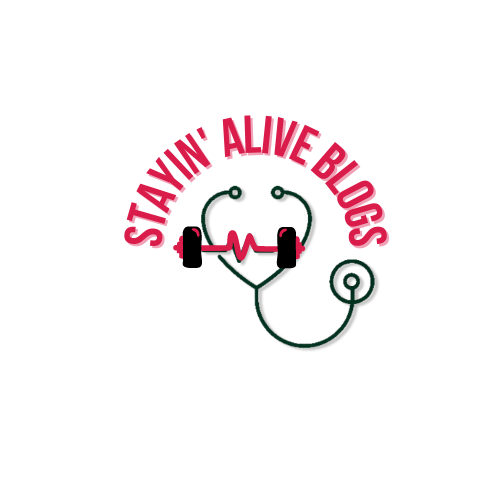Introduction:
Every day, our healthcare providers shoulder a profound responsibility, responding to unconscious victims and performing CPR in critical moments. Trained to handle emergencies, they face the weight of life-or-death decisions every day. Yet, beyond their brave efforts lies a hidden emotional burden that can leave lasting impacts on their well-being. In this blog, we’ll uncover the three categories of emotional strain experienced by our healthcare providers on the job and the vital need for support systems to help them navigate these challenges.
Pre-Arrest Strain: Anticipation and High-Stress Settings
In the fast-paced world of acute clinical settings, especially within critical care settings, healthcare providers experience pre-arrest stress due to the high-risk population they serve. Constantly aware of the potential for cardiac arrest, they prepare themselves for the worst-case scenario. I recall my time in a post-cardiac surgery ward when I’d often run cardiac arrest scenarios through my mind, aiming to be fully prepared. This mental readiness helped, but it also brought significant stress to my role, affecting my emotional well-being.
Strain During Cardiac Arrest: A Storm of Emotions
When a patient experiences cardiac arrest and needs resuscitation, a variety of emotions engulfs healthcare providers. Some seasoned professionals might keep their composure, responding relatively calmly to the situation. However, for less experienced providers, the pressure can become overwhelming, leading to potential errors and delayed responses. Uncertainty about the resuscitation’s outcome despite their best efforts causes anxiety and stress, challenging their focus during those critical moments.
Post-Arrest Strain: Coping with the Aftermath
Regardless of the resuscitation’s success, healthcare providers may face post-arrest strain. Witnessing cardiac arrest can be traumatic, deeply impacting their mental well-being. Striving for excellence, some providers may even harbor feelings of guilt, pondering ways they could have performed better. Emotions like fear, frustration, and empathy for those in distress linger after resuscitation attempts. Those who encounter frequent unsuccessful resuscitations are at higher risk of compassion fatigue, burnout, exhaustion, and diminished job satisfaction.
Supporting the Rescuer: Prioritizing Well-being
To alleviate the emotional stress on our healthcare heroes, we must prioritize their well-being. Implementing supportive strategies, like debriefing sessions and emotional support programs, helps them process their emotions and cope with the challenges they face. Creating an environment that encourages open expression of experiences and emotions fosters a more cohesive and emotionally supportive team dynamic.
Empowering Providers: Training and Self-Care
Adequate training is pivotal in preparing healthcare providers for emergencies and minimizing stress during resuscitation attempts. Building competence and confidence through training empowers them to respond effectively. Moreover, promoting self-care practices, both during and after high-stress events, aids in managing emotional strain and maintaining overall well-being.
An Urgent Call to Action
As readers, understanding the emotional toll of resuscitation and critical response on our healthcare providers and first responders is crucial. Let us rally together to support our front-line healthcare workers, acknowledging the challenges they endure on the job. Advocating for better support systems and resources can foster a more compassionate healthcare environment that empowers our providers to thrive.
Conclusion:
The burden of responsibility carried by healthcare providers in responding to unconscious victims and performing CPR is profound. Pre-arrest strain, strain during cardiac arrest, and post-arrest strain all contribute to the emotional toll on these dedicated professionals. By prioritizing their well-being, offering support, training, and promoting self-care, we ensure their resilience in the face of challenges. Let us stand united beside our front-line healthcare providers, recognizing the emotional burden they shoulder while saving lives each day. In supporting and empowering them, we create a positive impact on the well-being of those who devote their lives to caring for others.


